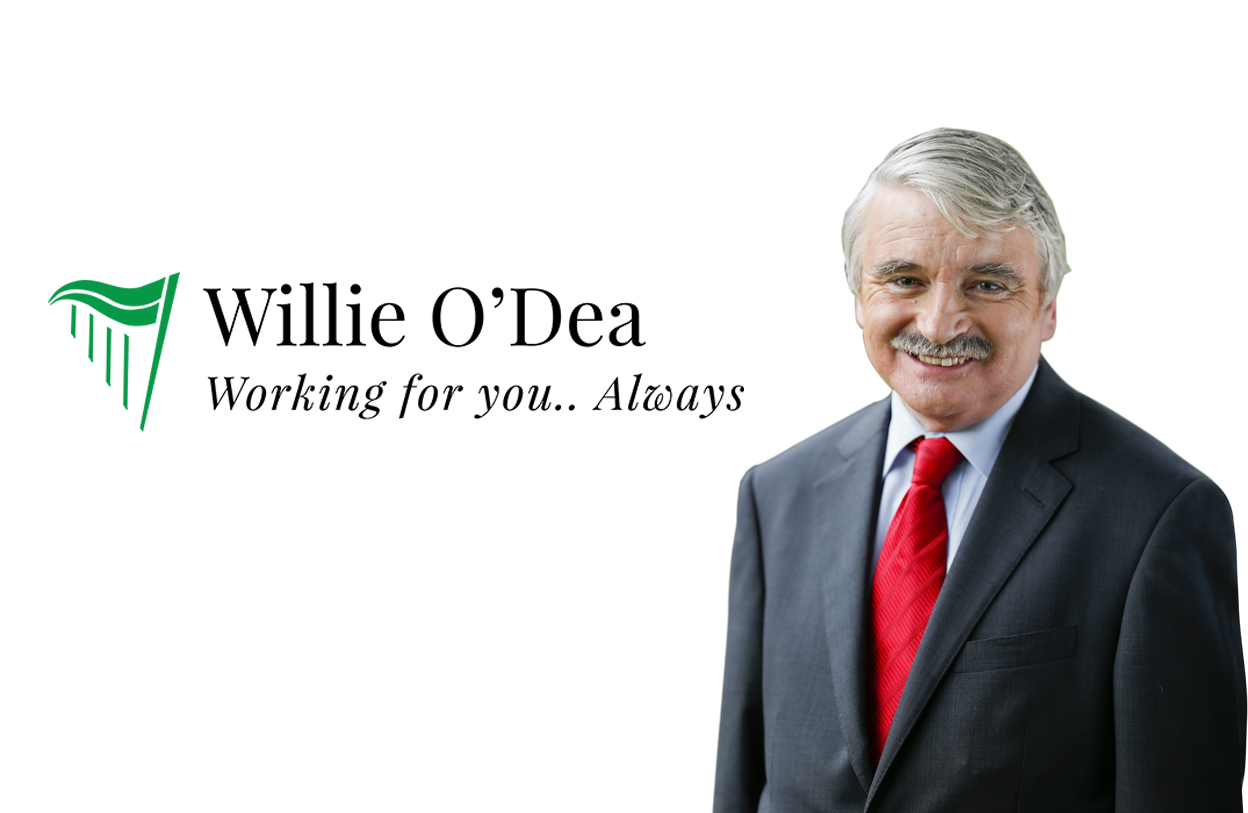 While he may talk a lot, it is rare that Enda Kenny says anything of any consequence. Perhaps this is the reason so many in the commentariat failed to grasp the significance of Enda’s gut dismissal of the call for a Tallaght II type united front to deal with the nation’s huge debt problems.
While he may talk a lot, it is rare that Enda Kenny says anything of any consequence. Perhaps this is the reason so many in the commentariat failed to grasp the significance of Enda’s gut dismissal of the call for a Tallaght II type united front to deal with the nation’s huge debt problems.
Though Enda acknowledged that the Tallaght I strategy had been “wonderful from a national perspective” he quickly ruled it out now as it might cost Fine Gael votes: the Enda doctrine: “National recovery good, Fine Gael recovery better.”
Enda’s put the party first attitude is in stark contrast to the advice of Garret Fitzgerald who has said that agreement may now “be vital to the retention of our sovereignty.”
Garret is right, and it is rare that those words have ever crossed my lips. We need to take the debate on how we will tackle the next four budgets out of the current sham battle where everything is discussed bar the real issues.
The markets are starting to bet that there will not be the political will in Ireland to take the actions necessary over the next four budgets to get our economy back on track.
They look at the actions the current government has taken since 2008 and seen that it is serious about doing the right thing – unpopular and electorally damaging as that has been.
The markets then look at a calendar and see that there will be an election within the next eighteen months.
They look at the opposition and wonder if a possible future government comprising Labour and Fine Gael will have the stomach and backbone to take the tough actions needed and face the same public opprobrium this government has endured.
Markets abhor instability and the prospect of an election heralding a change of policy makes the markets increasingly uncertain and volatile.
Some analysts would suggest that a new government could take the tough measures without suffering the same consequences, but only if the partners in a new government came clean with the electorate now.
The markets know this as well. The problem is that there are not seeing any signs that the elements of any alternative government have a coherent and agreed strategy between them, beyond the “we are not Fianna Fáil”.
The pressure is not just from the markets. Here at home people know there is bad news coming. They want to hear it now so they can plan their lives accordingly. People will not start to spend again until they feel some confidence about the future.
The government will soon be producing its four year budget strategy. It is giving the opposition parties the fullest access to the same information, data and expert analysis it has so that they can also produce their four year plan.
If we are to have credibility as a nation, then the two opposition parties who say they are ready to form a government must now put forward a single costed and coherent strategy.
They cannot just produce two separate and contradictory positions, as they now have. A single credible document with very specific plans is needed. No waffle, no pious aspirations. Targets are not a strategy – specifics are needed.
The cost of their not doing this will be continuing uncertainty and growing international turmoil as the election approaches.
Gilmore and Kenny will no doubt cry foul and accuse me of trying to deflect blame due to the government on a helpless and powerless opposition. Not so. Fitchs rating agency partly based its latest downgrade on its fear of weakening broad-based political support for the implementation of budgetary consolidation.
Labour and Fine Gael are telling everyone that they will be in power within months and that the only matter outstanding is who will be Taoiseach and how will they carve the ministries up between them.
I believe in governments serving their full term. I am no fan of winter elections. But if, as I suspect, the two opposition parties flunk their responsibility now, then there is a strong argument, in the national interest, for bringing their dissembling and duplicity to the people in an election where the sole issue is: which plan for recovery do you want – the costed strategy or the uncosted compromise?


